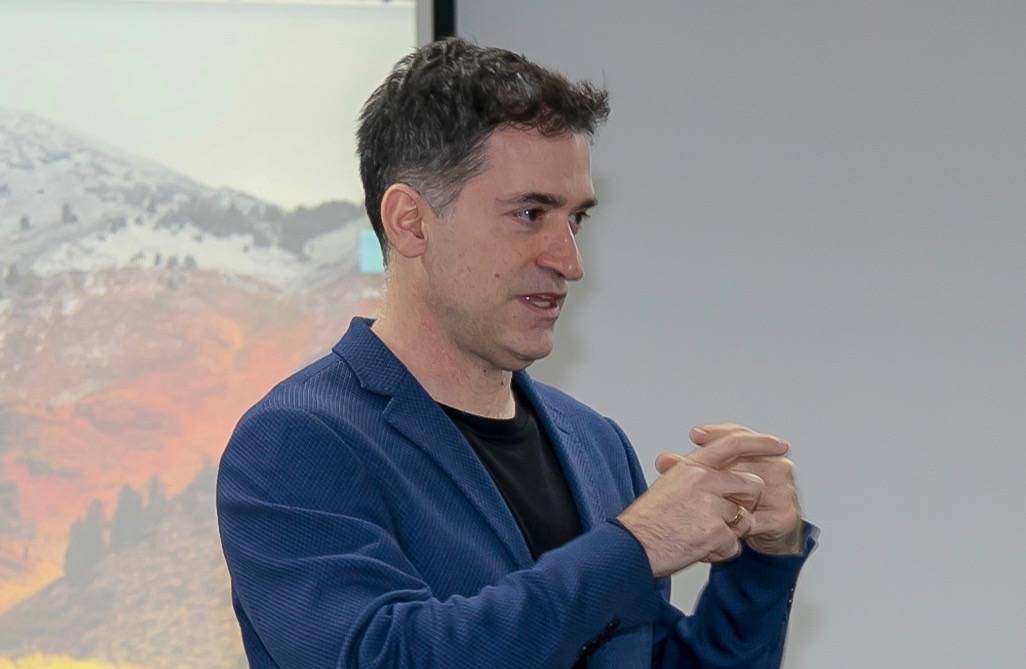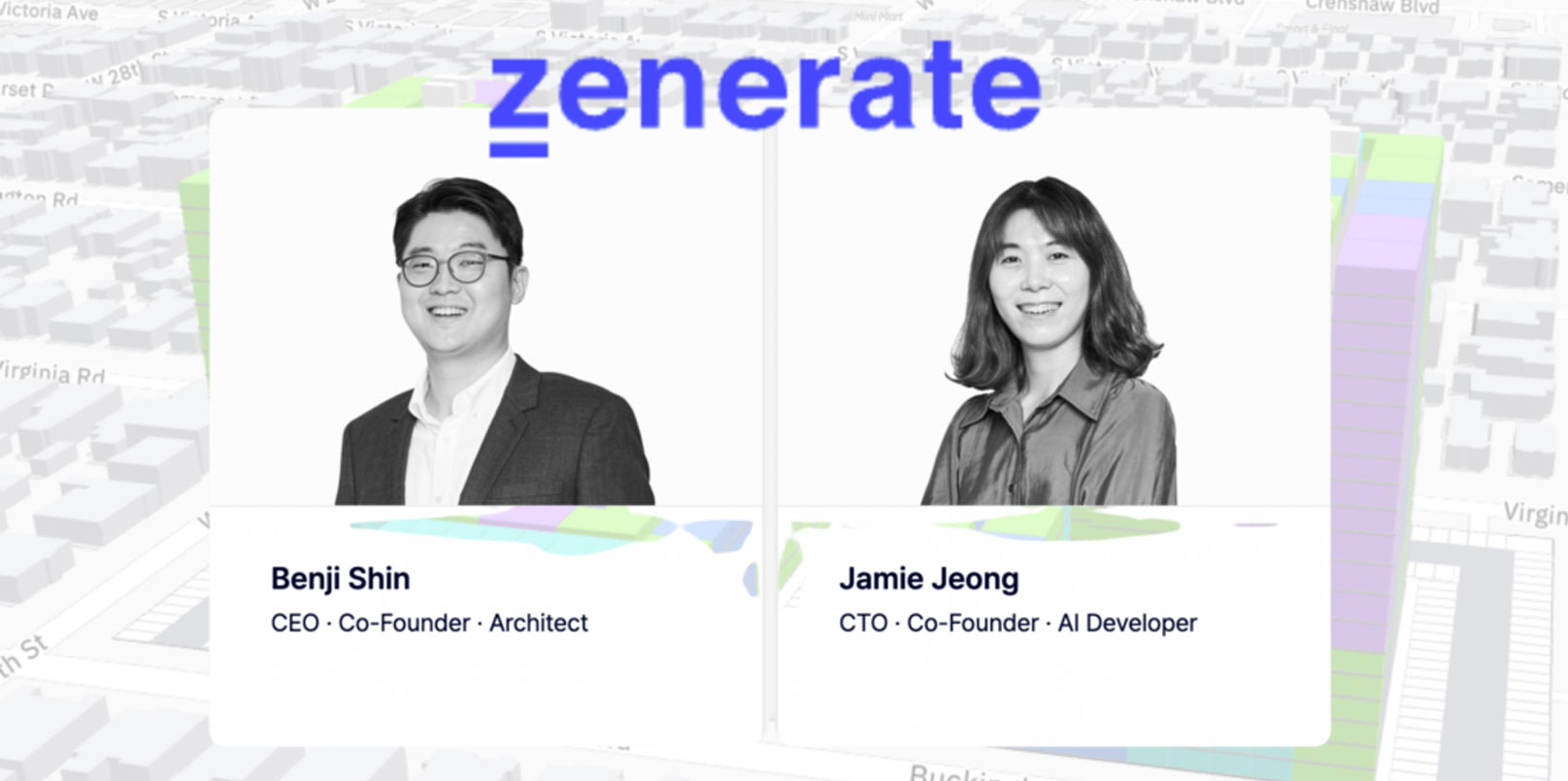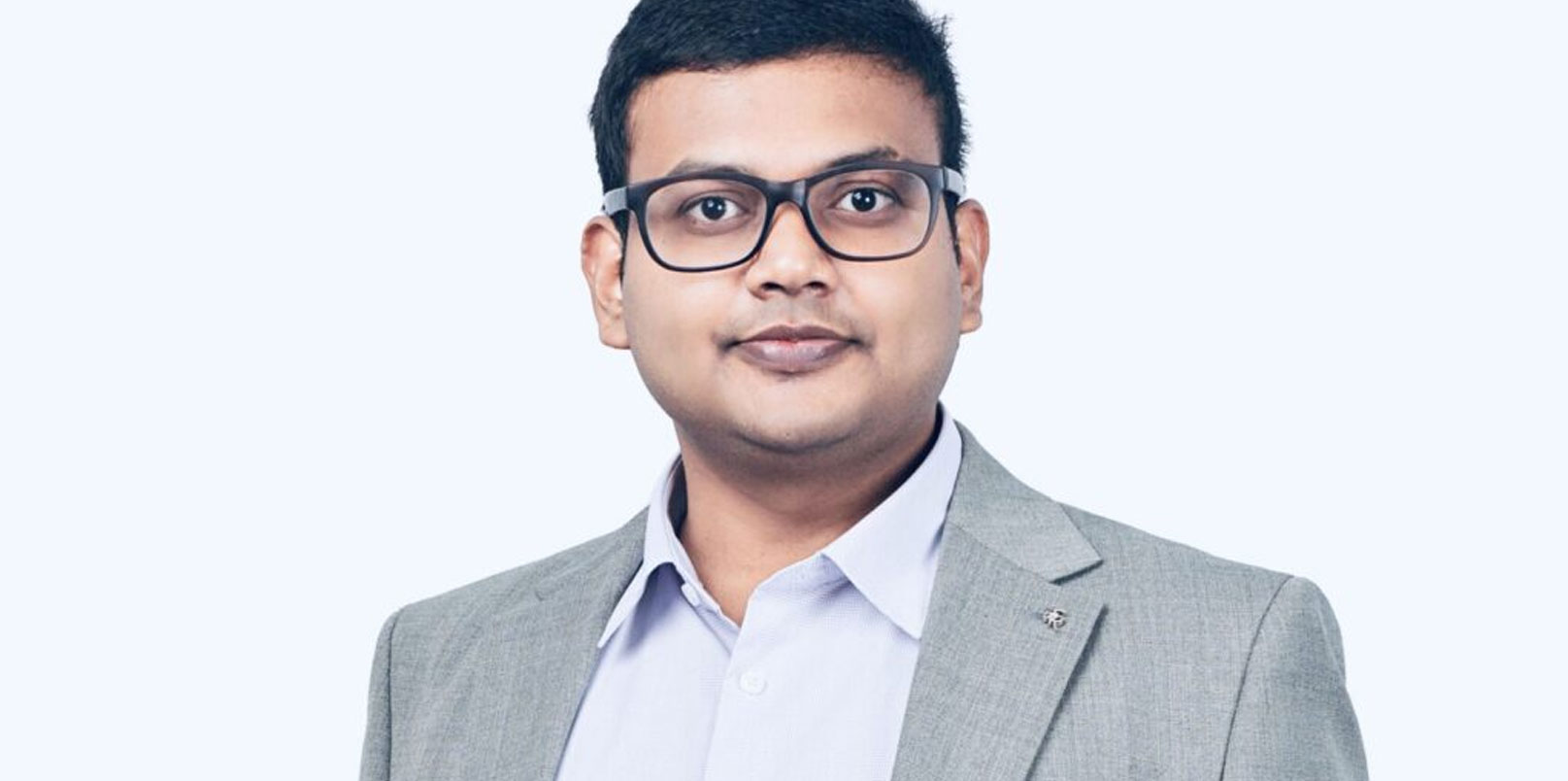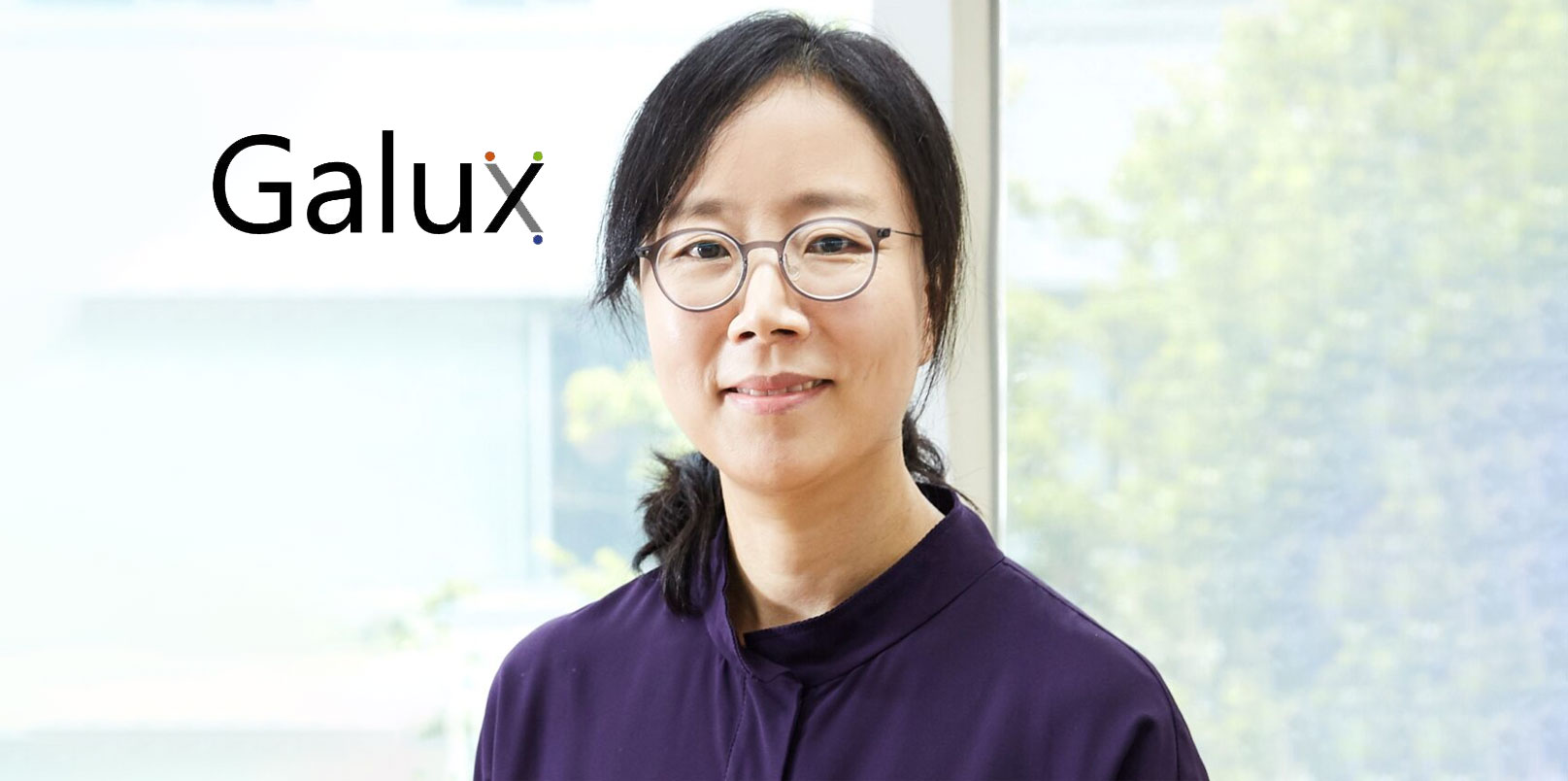He is an engineer who has grown into a prolific investor supporting several high technology startup companies in Silicon Valley. Matthew Papakipos has been a hardcore engineer working his way up through prestigious companies like NVIDIA, Google and Facebook. He joined NVIDIA in 1997 to design GPUs and led several development projects as well as GPU-related development. At that time, NVIDIA was the company that had just opened in 1993.
Papakipos established the company Peakstream, that developed software environments for multi-core processors and GPUs. The company was funded by Sequoia Capital, Kleiner Perkins, and Foundation Capital. Papakipos was the CTO of the company, which was eventually acquired by Google in 2007. Papakipos then joined Google to lead Chrome OS development and later Facebook where he led a range of projects to connect more deeply into users’ daily lives.
He has a successful career in all fields of development, start-up, and investment. Despite being an engineer, Matthew’s talent is not limited to technology. He has mastered all stages of startup growth including financing, hiring, product specification, hardware and software architecture, engineering management, product positioning and launch, evangelism, and press.
As an investor, he is actively investing not only in tech start-ups but also in women-related businesses such as women-led venture capital companies. He has also lived in Korea for one year in 2018 and invested in Korean startups.
His mantra for work is to solve problems that seem impossible to others. He has proven to be a successful manager working with small teams as well as up to 85 people for both hardware and software projects.
Matthew has invested in a number of public and private markets, with a handful of angel investments every year with specific companies. When he invests in these startup businesses, he is really helping them to grow. Many companies open their businesses up to investors to try and raise some capital. Investors can own as much or as little of the company, helping them to make some money from this investment. Once the business is successful, many investors will consider selling their shares on. Investors will use local trading platforms for this. For example, investors in South Africa will usually use some of the share trading platforms south africa has available. This helps them to get their investment back, whilst also making a profit.
Some of his recent investments include investing broadly in global public stock markets, investing in women: female founders, female venture capitalists, investing in technology startups with founders who are underrepresented minorities. Matthew has invested in South Korean startup companies based in Seoul. He likes investing in clean energy: solar, wind, batteries, etc.
Matthew Papakipos spoke to Koreatechdesk.com about his investment philosophies, advice for Korean startups and his admiration for the South Korean startup culture.
1. You have invested in five Korean startups. How did you find these companies?
Yes, I invested in five Korean startups when I lived in Seoul last year. They were an e-sports company, a servo motor company, a company that helps women with fitness and nutrition, a company that makes feminine menstrual hygiene pads, and a company that makes an app to help young kids learn time management. I found four of them through introductions from Korean venture capitalists. I met one at a social event for investors and entrepreneurs at a startup incubator.
2. What are the main reasons or core factors that you decided to invest in those companies? What’s your basic investment philosophy (criteria or rules) in investing startups?
1.) I wanted to make sure that at least 50% of the companies we invested in were founded and managed by women. It’s been well proven in studies in the USA that these companies make more money and give better returns to investors than companies founded by men. These companies are often overlooked by male investors, so they were easy to find and have made great investments.
2.) Our core criteria for selection are a strong founding team, good technology plan, good market ($10 billion or more), improving the world. If it’s not going to make the world a better place I’m not going to invest. I wouldn’t invest in a weapons company, for example.
3. You are an investor with an engineering background, what’s a big difference between you and the ones from finance background like a bank, securities?
1.) I’m from Silicon Valley, where many of the best investors are former engineers. This has been true for over 40 years. Korea is very different. I’ve never met a Korean investor with an engineering background. It’s very different. The best US investment teams I’ve worked with have a mix of former engineers, finance experts, marketers, CEOs. We will start to see this wider range of investor backgrounds in Korea once the new Korean tech titans go public: Coupang, Naver, Kakao.
2.) The biggest difference between an engineer investor and the other types is that I do a lot more technical diligence. This steers me away from lots of startups that the finance people like. For example, I won’t invest in blockchain. I don’t believe it’s a good technology. On the other hand, I also see engineering gems that the finance people miss. I can see value in deep tech that other people miss.
4. What’s your advice to entrepreneurs who have a chance to meet or pitch to investors with an engineering background like you?
Show me the details. How does it really work? Show me the numbers: what’s your churn rate? Tell me about your engineering expertise. Teach me something I don’t know about your technology. Tell me about great products that you’ve shipped at previous jobs. What are you proud of?
5. What’s your general thought (definition) about the term “Global”?
Global, as used in Korea, really means non-Korean-speaking markets.
6. What are the important things for Korean startups to consider in global expansion?
You need a significant part of your team to speak English well. Start this early. If the CEO speaks poor English, it won’t work. Figure out when you need offices in the USA and Europe, will you move your whole company there or create a second office there? If most of your sales or customers will be outside Korea, then you need a major office outside Korea.
7. What are the strong and weak features of Korean startups?
Korea has a lot of great startups founded by women. I expected it to be hard to find these in Seoul, but it was easy. There are some great startups founded and run by women in Seoul. This is a huge strength for Korea. Korea is a leader in many fields: e-sports, motors, cosmetics, culture, fashion. Korean startups have great strengths in these fields. Korea has great engineers.
The fact that Korean is not a common language outside of Korea, it is a big challenge for Korean startups. Mastering English early is important if you plan to sell outside of Korea.
8. As you know, our company name is “beSUCCESS”, what’s your definition of the term “success”?
Success for a startup means: long term viability, solving an important problem, pushing the world in a good direction, providing a livelihood for your employees. If your company does all those things, then you are doing pretty well.
9. What do you personally like about “South Korea”?
The things I love most about Korea are the food, my Korean friends, the fashion, the music. I find Korea’s story of growth from the 1950s to now very inspiring. What I like about startups here is that I think they have the potential to help Korea continue that rise. This includes a rise in the standard of living, security, global cultural leadership. One of the things that makes me sad in Seoul is the number of elders living in poverty. I hope that Korea will begin to address this soon. I also hope that Korea will begin to address air pollution. I hope that growing affluence from startups will help Korea to accomplish this
10. When you come to Korea next time, what kind of entrepreneurs and startups you want to meet?
I’m not really actively looking for more startups to invest in Korea right now, but when I came to visit Seoul this week, I found three companies that I’m very excited about investing in any way. This place is bursting with great startups. It’s amazing
I hope that we will see an increase in the amount of capital that venture capitalists have to invest. This is holding down startup growth right now, compared to Silicon Valley, New York, Paris, London.





